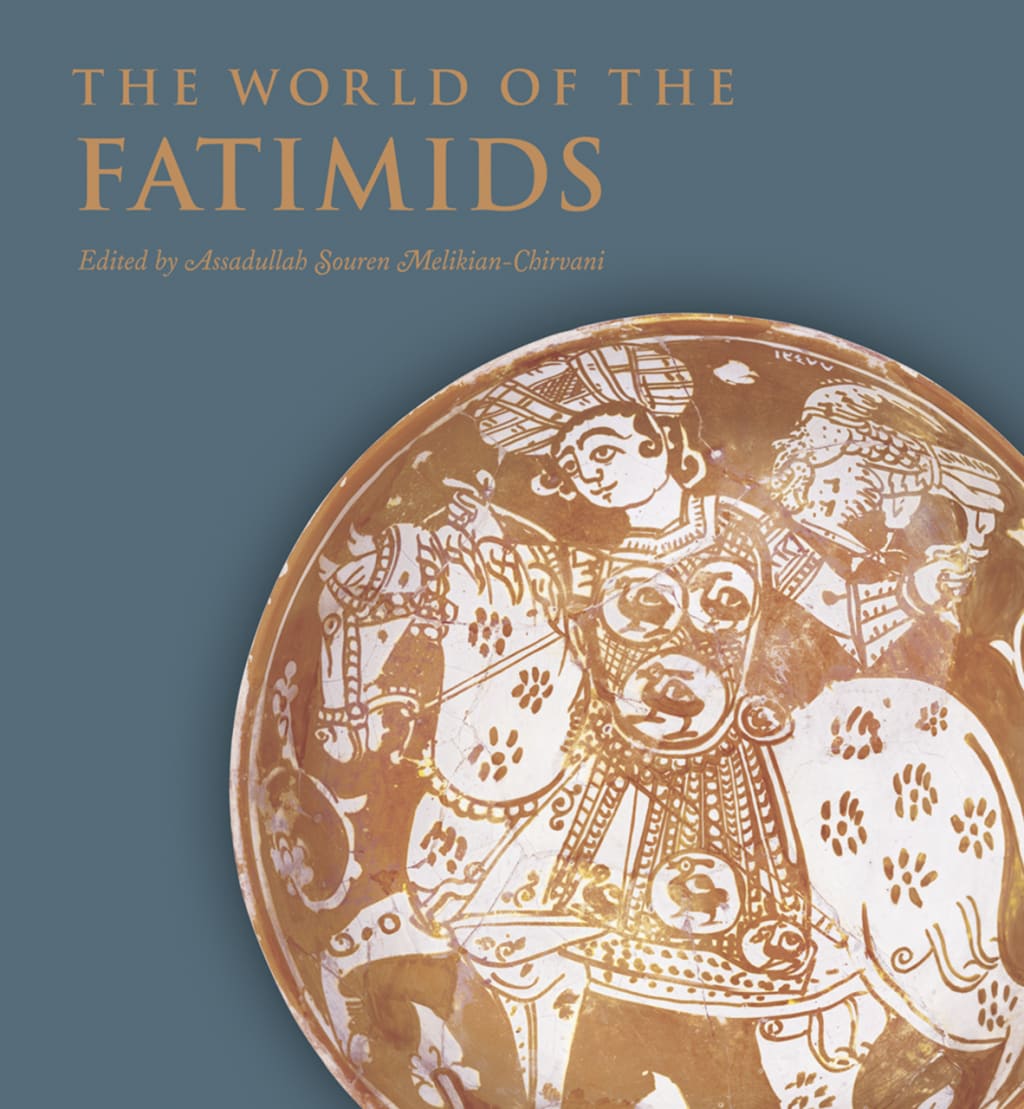The World of the Fatimids
A Shi'a Caliphate that Ruled North Africa and the Middle East

The Fatimid Empire was a Shi'a caliphate that ruled North Africa and the Middle East from 909 to 1171. It was founded by Ubayd Allah al-Mahdi Billah, who claimed to be the Mahdi, the twelfth Imam of Shia Islam. The Fatimids were a powerful dynasty that expanded their empire to include Egypt, Syria, Palestine, and parts of Arabia, North Africa, and Sicily.
The Fatimids were a sophisticated and cosmopolitan empire. They were patrons of art, architecture, and learning. They built many magnificent mosques, palaces, and libraries. They also supported the development of science, mathematics, and philosophy. The Fatimids were also known for their tolerance of other religions. They allowed Christians, Jews, and other non-Muslims to practice their faith freely.
The Fatimids were a major force in the Islamic world. They challenged the authority of the Abbasid caliphate and spread Shi'a Islam throughout the region. They also played a significant role in the development of Islamic culture and civilization.
*The Rise of the Fatimids*
The Fatimids originated in Ifriqiya, a region in North Africa that is now part of Tunisia. Ubayd Allah al-Mahdi Billah was born in the town of Qaryat al-Fāṭimah in Ifriqiya. He claimed to be the Mahdi, the twelfth Imam of Shia Islam. In 909, he led a rebellion against the Aghlabid dynasty, which ruled Ifriqiya at the time. The Fatimids quickly defeated the Aghlabids and established their own caliphate.
*The Expansion of the Fatimid Empire*
The Fatimids quickly expanded their empire. In 969, they conquered Egypt, which was then ruled by the Ikhshidid dynasty. The conquest of Egypt gave the Fatimids control of the Nile River, which was a major source of wealth and power.
In 972, the Fatimids conquered Syria, which was then ruled by the Hamdanid dynasty. The conquest of Syria gave the Fatimids control of the holy cities of Mecca and Medina.
In 1059, the Fatimids conquered Palestine, which was then ruled by the Seljuk Turks. The conquest of Palestine gave the Fatimids control of the Mediterranean coast.
The Fatimids also conquered parts of Arabia, North Africa, and Sicily. At the height of their power, the Fatimid Empire was one of the largest and most powerful empires in the world.
*The Decline of the Fatimid Empire*
The Fatimid Empire began to decline in the 11th century. The Seljuk Turks, a Sunni Muslim dynasty, conquered much of the Fatimid Empire in the east. In the west, the Normans, a Christian dynasty, conquered Sicily in 1091.
The Fatimid Empire finally collapsed in 1171 when Saladin, a Sunni Muslim leader, conquered Egypt. Saladin founded the Ayyubid dynasty, which replaced the Fatimids as the rulers of Egypt.
*The Legacy of the Fatimids*
The Fatimids left a lasting legacy on the Islamic world. They spread Shi'a Islam throughout the region and played a significant role in the development of Islamic culture and civilization. The Fatimids were also known for their tolerance of other religions.
The Fatimids built many magnificent mosques, palaces, and libraries. The Great Mosque of Kairouan in Tunisia is one of the most important mosques in the Islamic world. The Fatimids also supported the development of science, mathematics, and philosophy. The Fatimid caliph al-Aziz Billah founded the Dar al-'Ilm, a school of higher learning that attracted scholars from all over the Islamic world.
The Fatimids were a major force in the Islamic world for over two centuries. They were a sophisticated and cosmopolitan empire that left a lasting legacy on the region.
The Fatimid Empire had a significant impact on the Islamic world. They spread Shi'a Islam throughout the region and played a role in the development of Islamic culture and civilization. The Fatimids were also known for their tolerance of other religions, which was a rare thing in the medieval world.
About the Creator
Hmid Abderrahmane
Abderrahman hmid, 23, a skilled content writer with translation expertise. Experienced in journalistic translation across fields. Owns a collection of unpublished fiction and creative stories awaiting an online debut. Thanks!






Comments
There are no comments for this story
Be the first to respond and start the conversation.